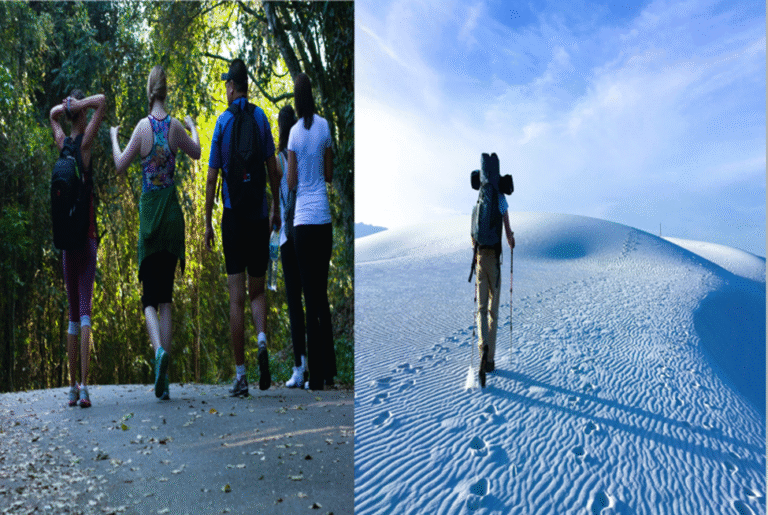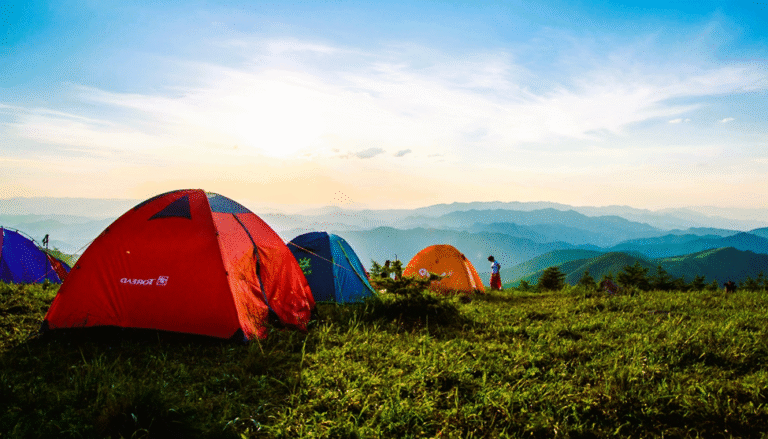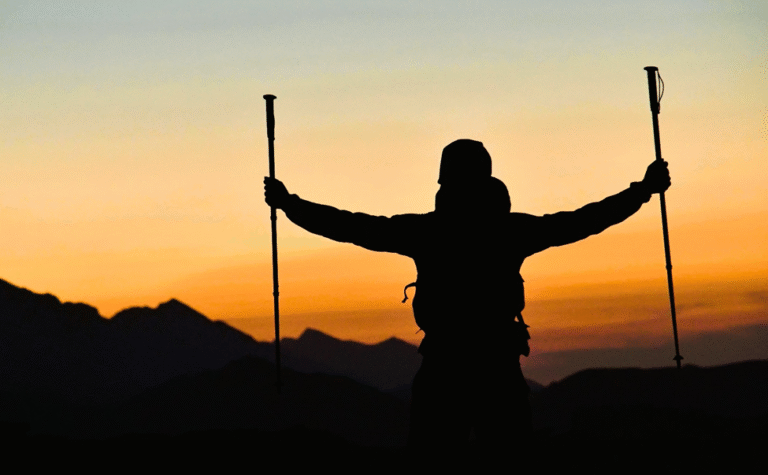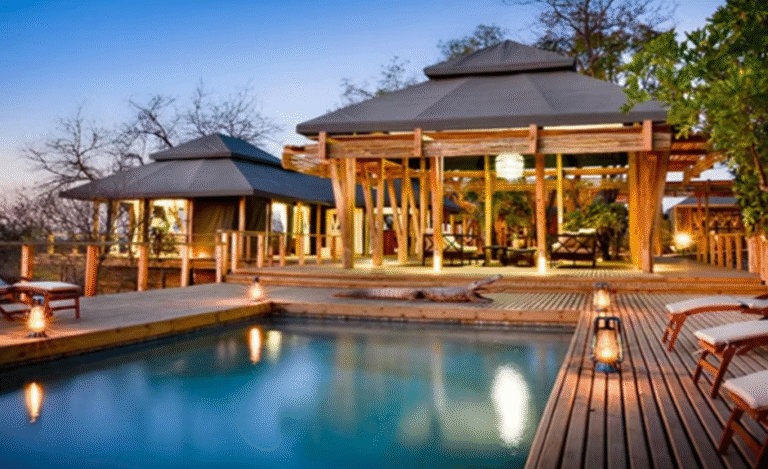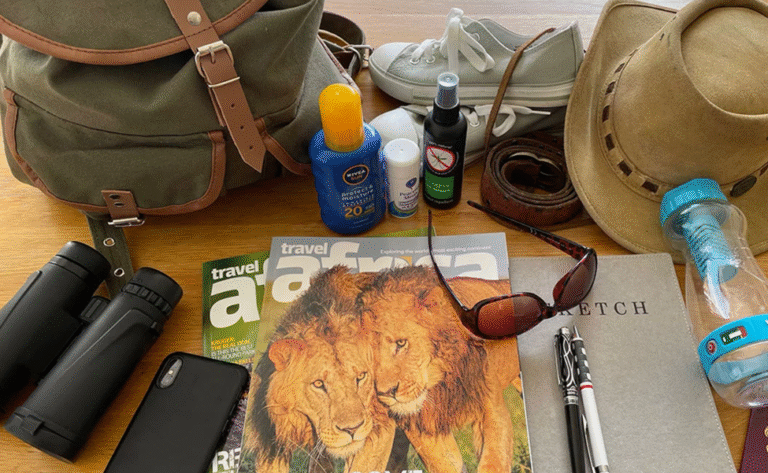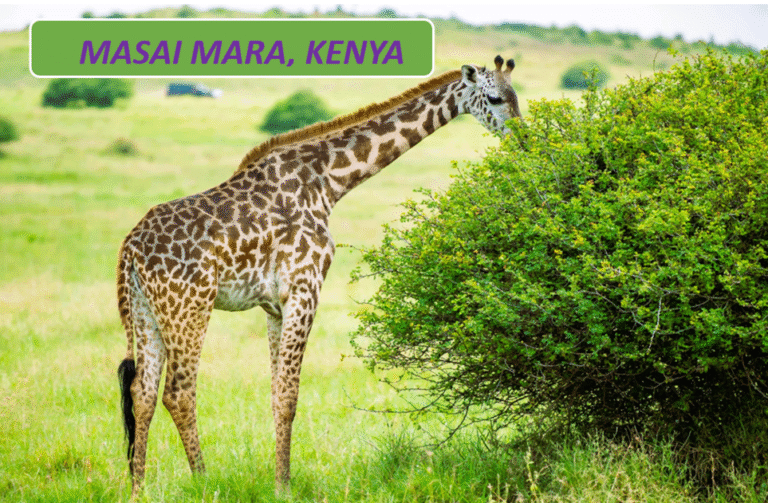
Hiking needs clean water, but natural sources can have harmful bacteria. That’s why it’s wise to bring a filtration system for hiking. There are many options, from pump filters to filter straws. This guide will help you choose the best filtration system for hiking for your needs and style.
Straw Filters: Lightweight and Easy

Straw filters are small and easy to carry, allowing you drink straight from a water source. Popular brands include LifeStraw and Sawyer Mini. Good for short hikes with plenty of water. A filtration system for hiking like this, is simple and effective.
Pros:
- Light and easy to carry
- No setup required; just sip and go.
- Removes bacteria and protozoa
Cons:
- Not enough space for filtered water.
- Limited capacity for filtering big amounts simultaneously.
Ideal for:
- Day hikers or backpackers looking for easy access to water.
Pump Filters: Reliable and Effective

Pump filters use a hand pump to clean water. Bigger than straw filters but can filter more water. Katadyn and MSR are top brands. This filtration system for hiking is great for storing clean water.
Pros:
- Removes bacteria and protozoa.
- Filters a lot of water.
- some types also remove viruses.
Cons:
- Heavy and thicker than straw filters.
- Involves physical effort to pump.
Ideal for:
- multi-day hikes in places with few water sources.
Gravity Filters are ideal for groups.

Gravity filters are easy to use and don’t need pumping. Fill the bag, hang it up, and let gravity do the work. Platypus and Katadyn Gravity are popular brands. This filtration system for hiking is great for hassle-free clean water.
Pros:
- Filters large amounts without pumping.
- Great for groups or base camping.
- Minimal physical effort needed.
Cons:
- Bulky and takes up more space.
- Potentially slower than pump filters.
Ideal for:
- Groups or families on multi-day hikes.
Squeeze Filters: Compact and Efficient

Squeeze filters work like straw filters but offer more flexibility. You can attach them to a water bag, bottle, or use them directly at the source. Many hikers choose the Sawyer Squeeze. This filtration system for hiking is a versatile choice.
Pros:
- Lightweight and easy to carry.
- Let’s you store filtered water.
- Easy to use with multiple containers.
Cons:
- Each squeeze has a limited water capacity.
- The squeezing operation is time-consuming.
Ideal for:
- solo hikers and ultralight travelers.
Ultraviolet (UV) Purifiers: Effective Against Viruses

UV purifiers use ultraviolet light to kill bacteria, protozoa, and viruses. They’re small, easy to use, but need batteries. SteriPEN is a top choice. This filtration system for hiking is quick and portable.
Pros:
- Very light and easy to carry.
- Effective against all pathogens, including viruses.
- No chemicals or pumping needed.
Cons:
- Needs batteries or a rechargeable power source.
- Only works with clear water.
Ideal For:
- International hiking trips where viruses are a concern.
Bottle Filters: Convenient and Multi-Use

Bottle filters are water bottles with built-in filters, making it easy to carry and filter water at once. Grayl and Katadyn BeFree are top picks. This filtration system for hiking is simple and convenient.
Pros:
- Very easy to use
- fill and drink.
- Can carry filtered water on the go.
- Great for day hikes.
Cons:
- Limited water capacity compared to larger filters.
- Some filters may not be as effective as others.
Ideal for:
- day treks or light travel.
Chemical Treatments: Backup for Emergencies

Chemical treatments like iodine tablets or chlorine dioxide drops are light and effective, but they change the taste and take time to work. They’re best as a backup filtration system for hiking.
Pros:
1. Compact and easy to carry
2. Removes bacteria, protozoa, and certain viruses
3. Ready for emergencies
Cons:
- Water may taste unpleasant.
- Requires time to fully purify
Ideal for:
- Emergency backup for multi-day hikes.
What Should You Look for in a Water Filtration System?
Before choosing a system, think about your hiking plans. Consider the following factors:
Water Sources
Do you know the water sources on your hike? If streams or rivers are nearby, a straw or squeeze filter might be enough. But if water is limited, consider a pump or gravity filter for storage. The right filtration system for hiking depends on your route.
Weight
Lighter filters are easier to transport during long hikes. However, lighter isn’t necessarily better, particularly if it requires less filtration. Choose a filter that balances weight and efficacy.
Pathogen Protection
Different filters guard against various threats. Bacteria and protozoa are the most common concerns in North America. Viruses, however, may pose a threat in other areas. If viruses are an issue, UV purifiers or chemical treatments are more effective.
Easy to Use
Consider how easy the filter is to use. Straw filters are simple but limit water storage. Pump filters need more work but can handle bigger amounts. Think about your effort level and convenience when choosing a filtration system for hiking.
Top Recommendations Based on Needs
Here’s a quick recap of top recommendations:
Day Hikes: Sawyer Mini, LifeStraw, or Katadyn BeFree.
Multi-Day Hikes: MSR Mini Works or Katadyn Hiker Pro.
International Hiking: SteriPEN or Grayl for virus protection.
Group Hikes: Platypus Gravity Works or Katadyn Gravity.
Choose the appropriate filter for you.

Each filtration system for hiking has its pros. Straw and squeeze filters work for solo hikes, while pump and gravity filters provide more water for longer trips. UV purifiers help stop viruses. Choose the filtration system for hiking that fits your needs, location, and water risks. Stay safe and hydrated!
FAQ’s
What types of water filtration systems are best for solo hiking?
Do I need a filter that removes viruses?
How long does each type of filter last?
Can I use chemical treatments as my primary water purification method?
What’s the difference between a filter and a purifier?

